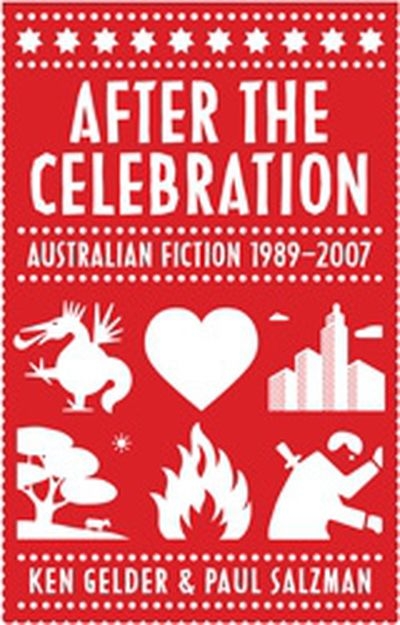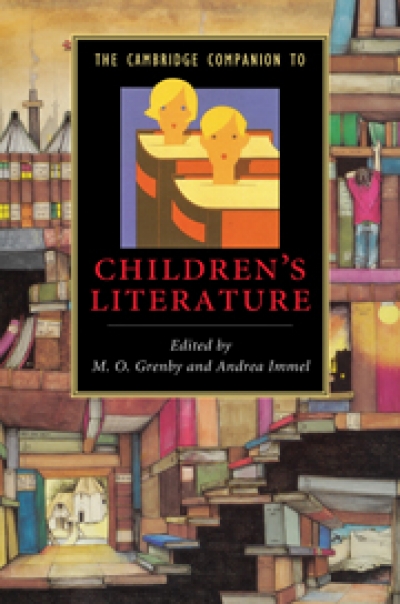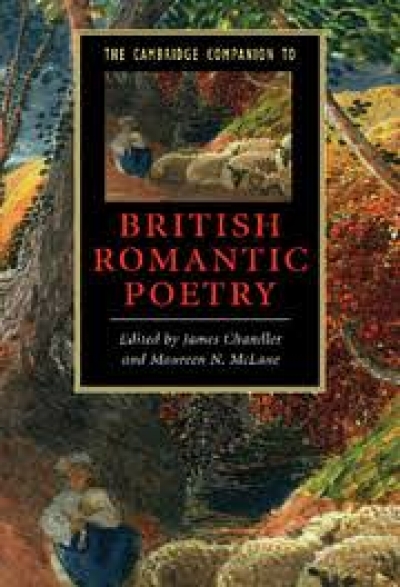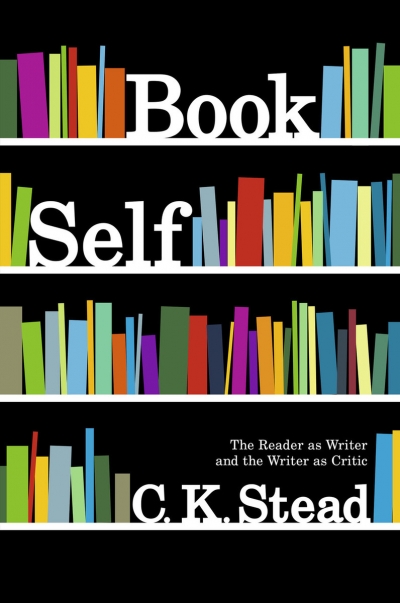Literary Criticism
Sign up to From the Archive and receive a new review to your inbox every Monday. Always free to read.
Recent:
After the Celebration: Australian Fiction 1989–2007 by Ken Gelder and Paul Salzman
On this week’s ABR podcast, critic and essayist James Ley reflects on J.M. Coetzee’s Life and Times of Michael K, forty years after its publication. Coetzee’s fourth and Booker Prize-winning novel was his landmark work, explains Ley. This was despite it receiving criticism for supposedly eliding the political realities of Apartheid South Africa by being set in ‘the realm of allegory’. Listen to James Ley with ‘An obscure prodigy: J.M. Coetzee’s Life and Times of Michael K at forty’, published in the August issue of ABR.
... (read more)There have been important publications in each of the fields of literary criticism, memoirs and biography, and history in New Zealand during the last few years. In a brief survey it is hardly possible to cover the field entirely; what I can do is to indicate what I take to be the important titles in each of these areas.
... (read more)









